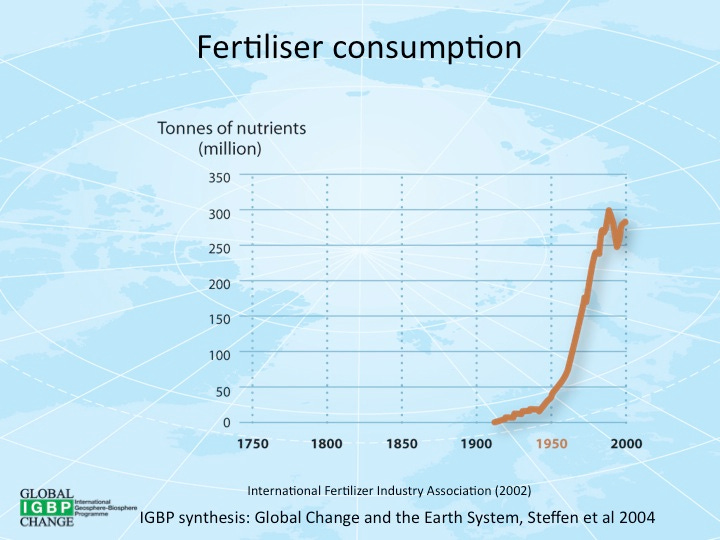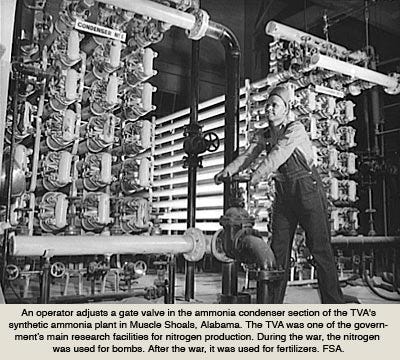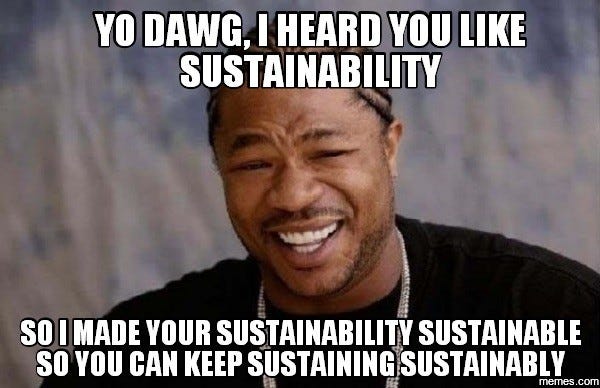Natural wine is the name, sustainability is the game.
From my POV, it’s more likely I’ll buy a bottle of natural wine, or even just a seasonal bunch of purple-sprouting broccoli when I can easily track where it’s come from and how the soil was treated (i.e untreated).
Yes, both items could be considered ‘overpriced’ if organically grown and responsibly sourced. Although in hindsight, I would argue reasonably priced, especially if both match my values towards sustainability and fair worker treatment.
This all sounds like common practice in today’s day and age, right?
Unfortunately, not for most.
You know what’s up - the most important aspect of natural wine is low-intervention farming.
In short, natural winemakers opt for as little intervention between themselves the vineyard and the cellar throughout the entire process. The only interventions that occur throughout the natural winemaking process are during the pruning season in late spring when the branches of the vines are trimmed, the harvest season in late summer, when grapes are picked by hand, and of course the effort of moving grapes from baskets to their respect winemaking vessels.
Everything else that goes on in the vineyard is biodiverse and occurs naturally, the fewer interventions by humans, the better. The ‘lo-fi’ approach towards farming agriculture is not only going to sustain but save our soil, and as a result, our planet too.
Get involved.
I’ll keep it real though, when I first started sipping on natural wine, the idea of how sustainably it was produced, or how healthy the soil in which it comes from was not involved in my thought process at all - It was more to do with the sick labels and intriguing colours of the bottles that had me double tapping on Instagram. Unfortunately at that stage, as I lived in my young and dumb era, sustainability was not a part of my values - I come from Crumlin in Dublin of Ireland, a ‘charming’, ‘magical’ city where sustainability is not taught to the general public.
Back in ‘07 we literally got voted one of the dirtiest cities in all of Europe due to mass littering and poor recycling habits...
Anyway, what’s a good story without a silver lining? As I’ve now grown into an ‘adult’ at 25, my values have shaped into somewhat of a symbiotic relationship with the same values of natural wine. This is mainly down to the Valentina Passalaqua scandal in 2020, responsible for the trendy 1ltr bottles of wine branded like a scientific periodic table, Valentina’s wines come from southern Italy in Puglia. One day someone dm’d me on Instagram after I posted a picture of the ‘Ca Orange Puglia’ wine to my feed: They warned me that a legal case was about to go public against Valentina and her father for employing migrant African workers and paying them WAY below a fair, legal standard.
I won’t dive too deep into the scandal as it’s long and in-depth, you can find out everything here.
It’s safe to say that scandal really got to me, and most definitely played a huge role in shaping my values towards everyday life, not just how I buy and consume wine.
We have become far too comfortable intervening with nature, even on a small scale when it comes to our own gardens; the sight of any weed whatsoever must be banished, instantly, and our grass has to be cut to perfection so the neighbours get jealous when they walk by, we’re even willing to douse our garden’s soil with the maddest of chemical-based fertilisers just so Karen across the road fucks with the aesthetics.
Don’t feel too bad though, intervention is not necessarily your fault, it’s well-documented that over the last 80 years since WWII, leftover bomb ingredients were repurposed into chemical-based fertilisers and have been the mainstream source of treatment to agriculture ever since.

Through government-backed global advertising programs, as well as tireless marketing schemes from profit-hunting conglomerate companies that produce these fertilisers - we as the general public have been tricked, spooked, and jacked.
Think about it - we are now at a point where most people genuinely believe that the ideals of natural wine and not putting nitrogen-based fertilisers in the soil is a social media trend that’s going to blow over like a brief Donald Trump stint in the White House.


Image A - By Owengaffney - International Geosphere-Biosphere Programme (IGBP) synthesis.
Image B - Living History Farm’s graphic.
We have become too greedy and demanding, resulting in a massive carbon footprint to the detriment of our planet’s well-being. We require picture-perfect tomatoes available all year round from Aldi, at cheap prices. If the bottle of wine we buy from M&S is over £15.00 we’re disgusted and are quick to brand it as a ‘rip-off’, without even thinking about the farmer who grew the grapes and how they’re going to make any money from bottles of their wine priced less than £15.00!?
There’s no better time than now to pull the wool off of our faces and turn back the clock, our planet can be saved, but it’s going to take a massive change in tune and mindset.
Honestly, sometimes it feels like I’m constantly banging the drum to this tune about sustainability in natural wine and why it honestly reflects the prices that it proposes, sometimes it feels like nobody gives a rats.
Though I’m persistent - I know the message and I know where it will get us, so I won’t stop.
There are many simple steps we can take towards reducing our carbon footprint; buy natural wine, shop local and do your research on where your fruit, and vegetables come from.
At the very least, shop organic where and when you can.
If it’s more expensive than the cheap, mass-produced stuff, maybe have a serious conversation with yourself and ask “do I need to have these cheap chicken breasts 4 nights this week? or could it be trimmed down to 2 nights a week?” it’s definitely a conversation worth having.
That will be all for this week!
Enjoy your week and I’ll chat to you soon.
Eoghan Neburagho






